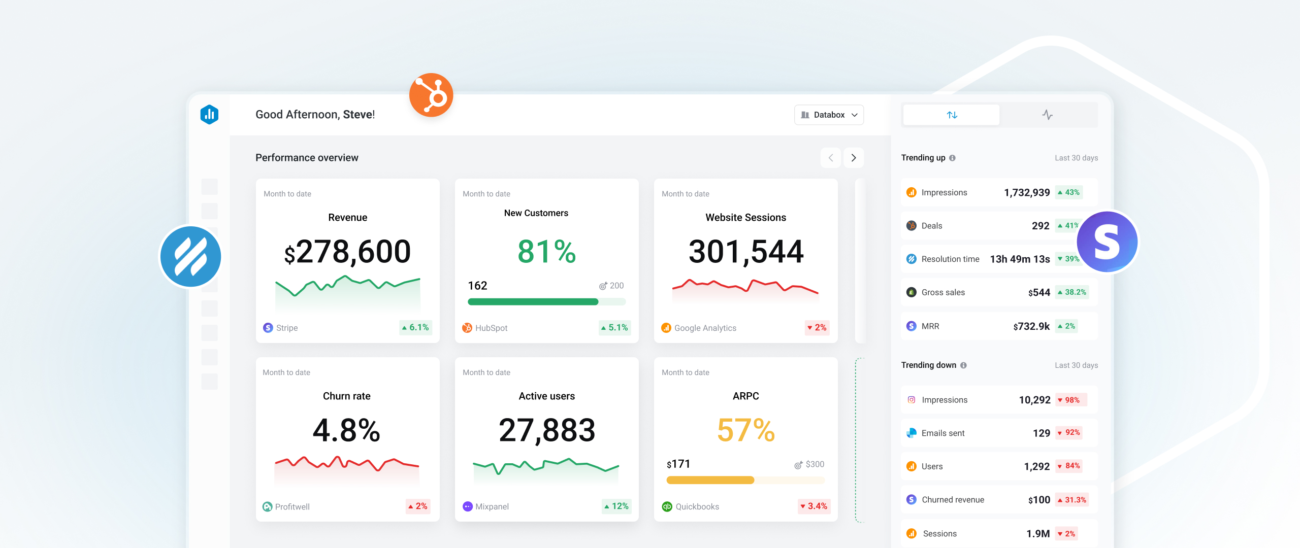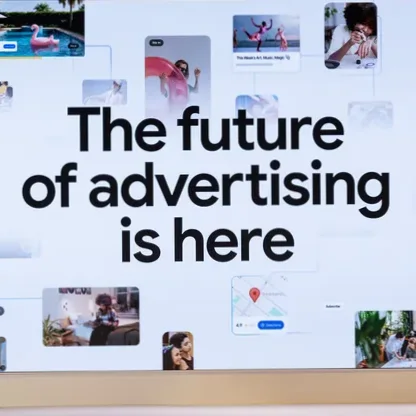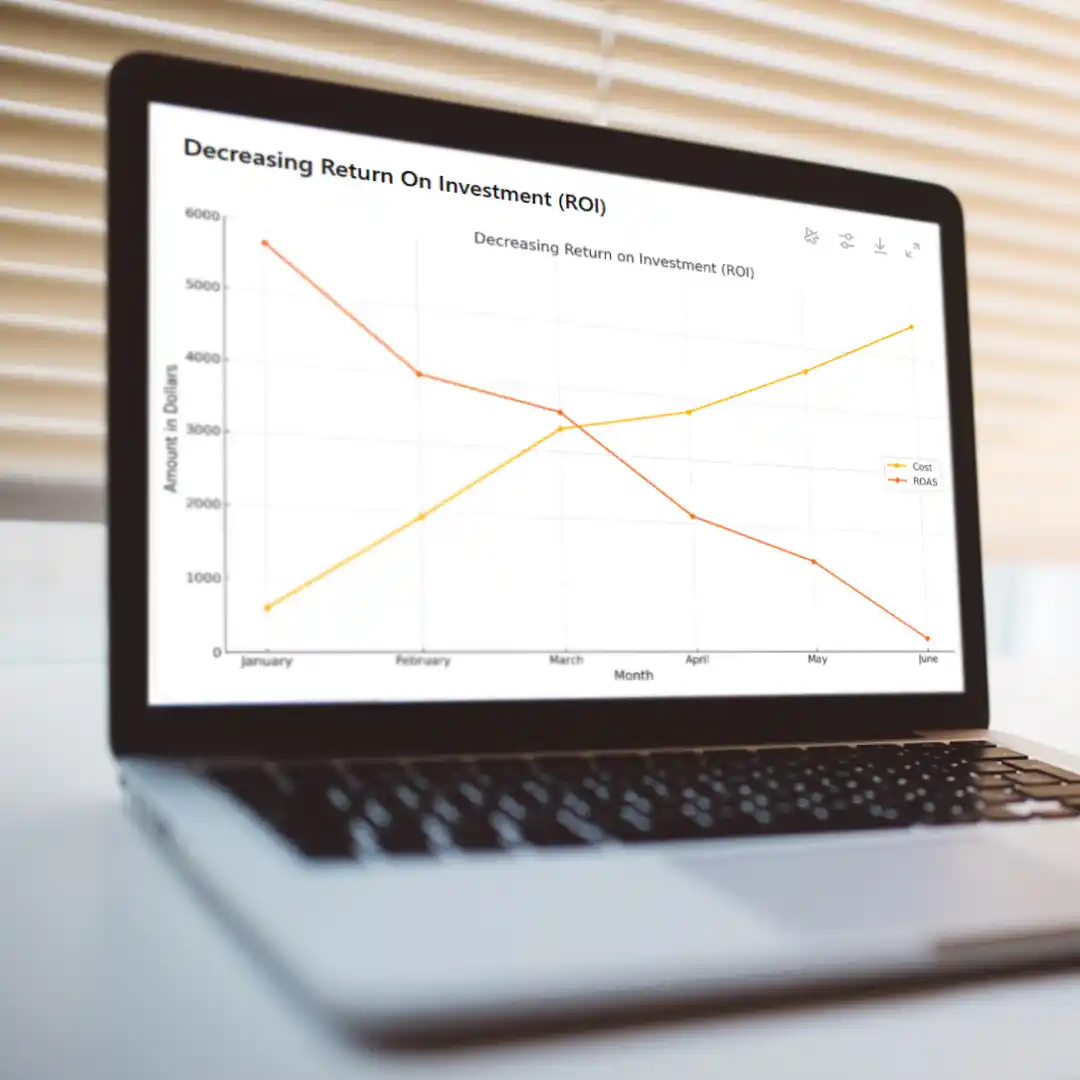If you manage Google Ads, you are already acutely aware of the constant presence of Recommendations: the improvements Google loudly suggests at the top of the page, in the Recommendations tab on the sidebar, and in your email inbox. Often these are obvious — Increase spending on valuable keywords! — but sometimes Google’s recommendations can be confusing. For example, which of their automatic bidding algorithms should you use?
Now, Google has offered to apply all their recommendations automatically while you presumably sit back and watch the leads roll in. But is the convenience of automating these adjustments worth handing over the reins to Google?
Upsides of Google’s Automatic Recommendations
Let’s break this problem down with some rudimentary logic: Google makes money selling ad clicks. If you refuse to allow them to increase your spending, instead improving the efficiency of your campaigns with carefully selected keyword bids, you win and Google loses. Conversely, if Google gets you to pay more in the short term but you see no increase in clicks/conversions & pull back your budget, nobody really wins. In other words, Google knows that unless you get the visible bang for your buck that you expect from following their recommendations, you’re unlikely to give them more money.
What Google wants is for you to spend more and feel good about it, which is positive news if you have the extra budget to throw at their optimizations. Following their recommendations will cost you more, but it will likely lead to better quality scores, better placements, and more conversions.
The question is, are you better off using that money to pay Google or should you hire an expert to optimize your campaigns?
Potential Issues Automating Google’s Recommendations
We just postulated that Google only wins when you win, but that’s not exactly true: they win if you think you’re winning. For example, your conversions might increase—giving you an obvious metric of success—but if these aren’t quality conversions, your bottom line (sales or new clients) will remain stagnant, and you might not immediately think to check whether the positive results from Google are moving the needle where it counts.
The top-level goals of Google’s automatic system are also unclear: what do they think your business needs? More impressions, clicks, conversions? By automating, you reduce the amount of influence you have over this very important choice, which is troubling.
Should I Automate My Google Ads?
If you have money but no time, allowing Google to automatically apply recommendations could be the easiest way to boost your business’s web traffic.
But this hands-off approach could be unhelpful as well as costly. For example, allowing Google to increase your budget will probably increase traffic from ads, but it may reduce your return on investment or increase cost per lead.
At the very least, you should be regularly checking in on your campaigns and ensuring that any improvement in your marketing corresponds to an improvement in your sales.
Google pushes new advertisers toward a fully automated model called Smart Campaigns, previously known as AdWords Express. For those that opt out and want more control, Google still applies pressure to allow them to automate the process by posting your optimization score, which means you’re effectively making Google your online advertising manager. As always, we recommend working with experts who share your interests: your bottom line (not clicks or conversions) is what we aim to improve.
You can contact us for a free consultation regarding your online marketing strategy.





